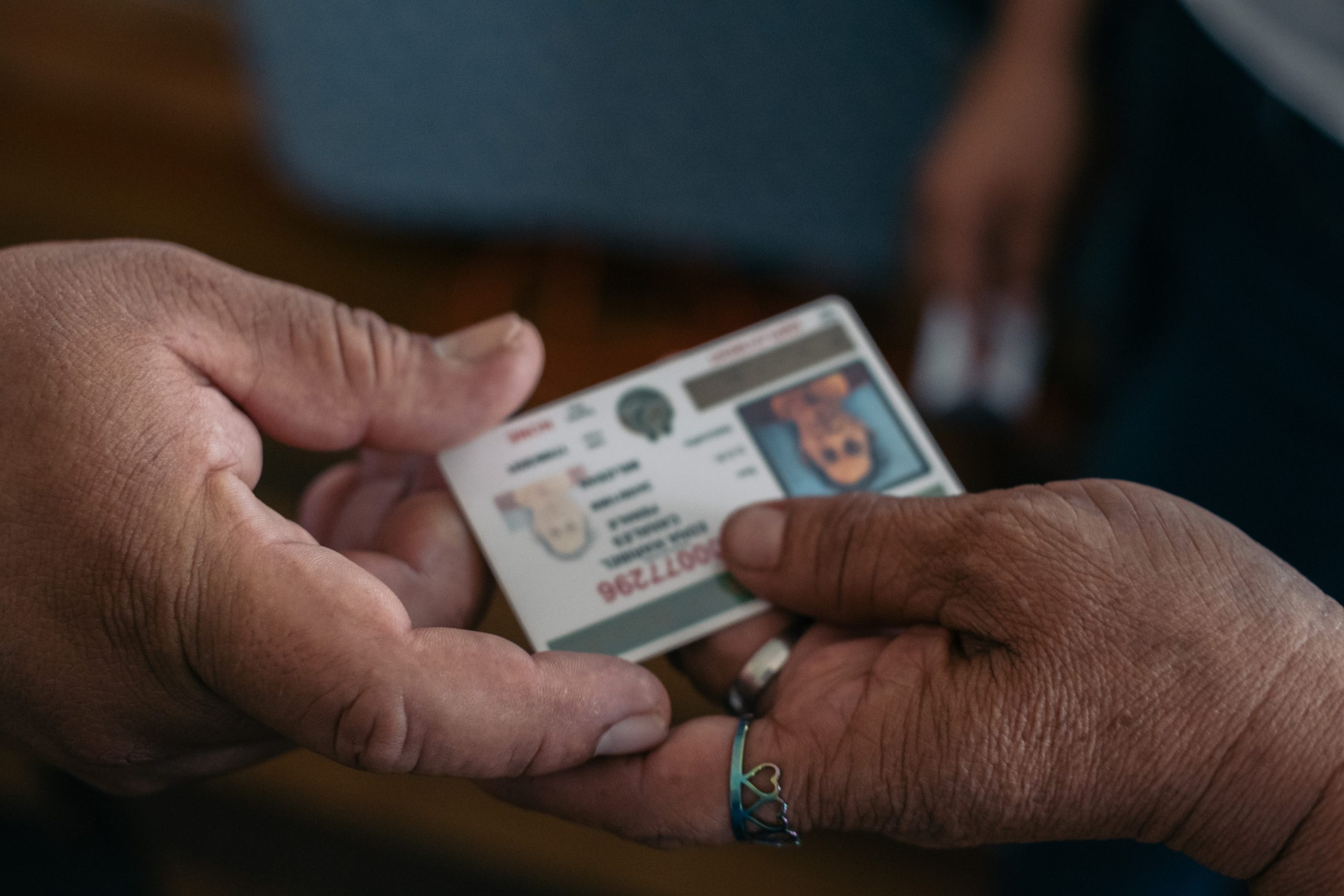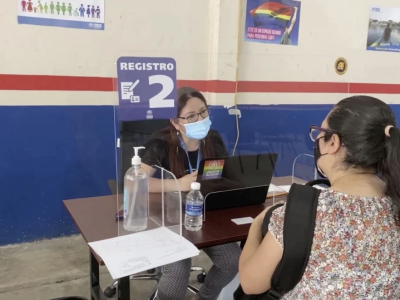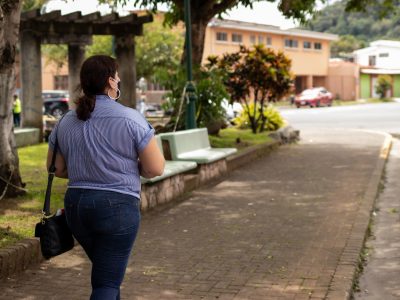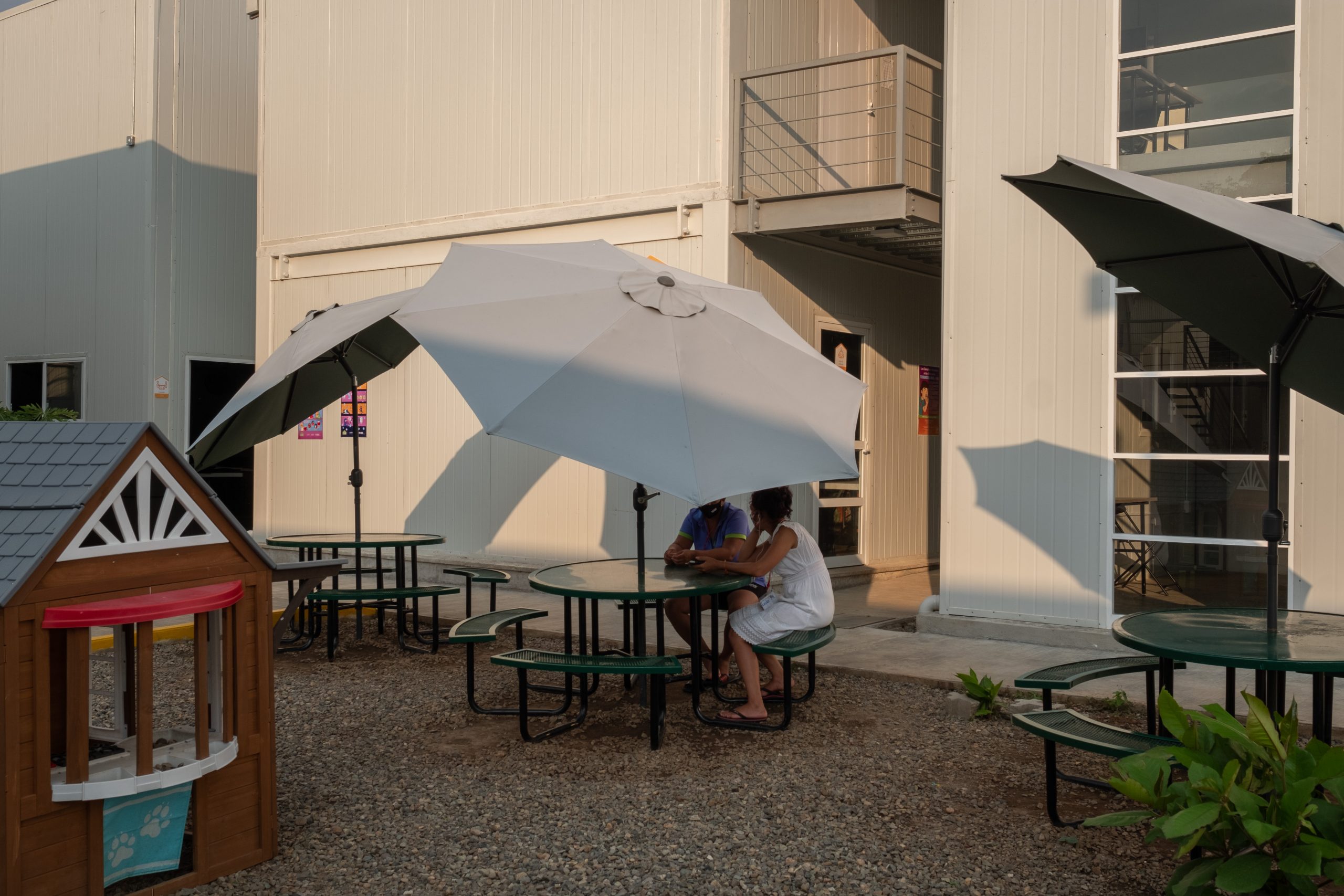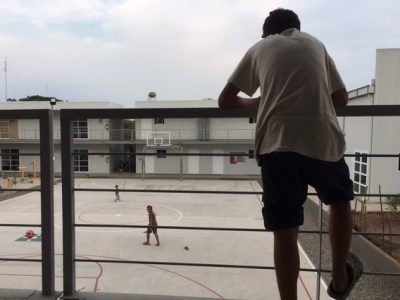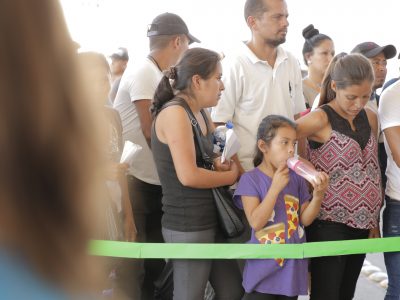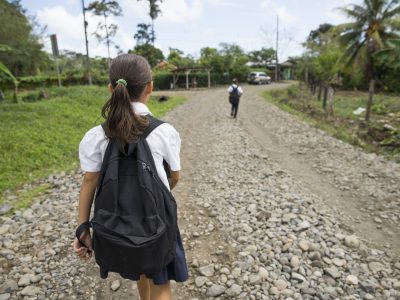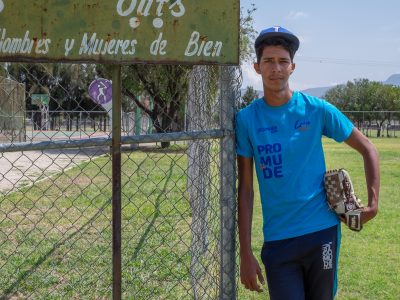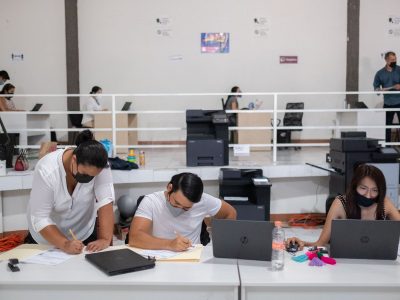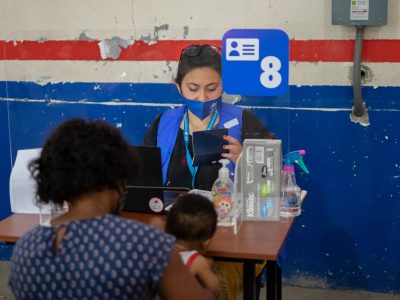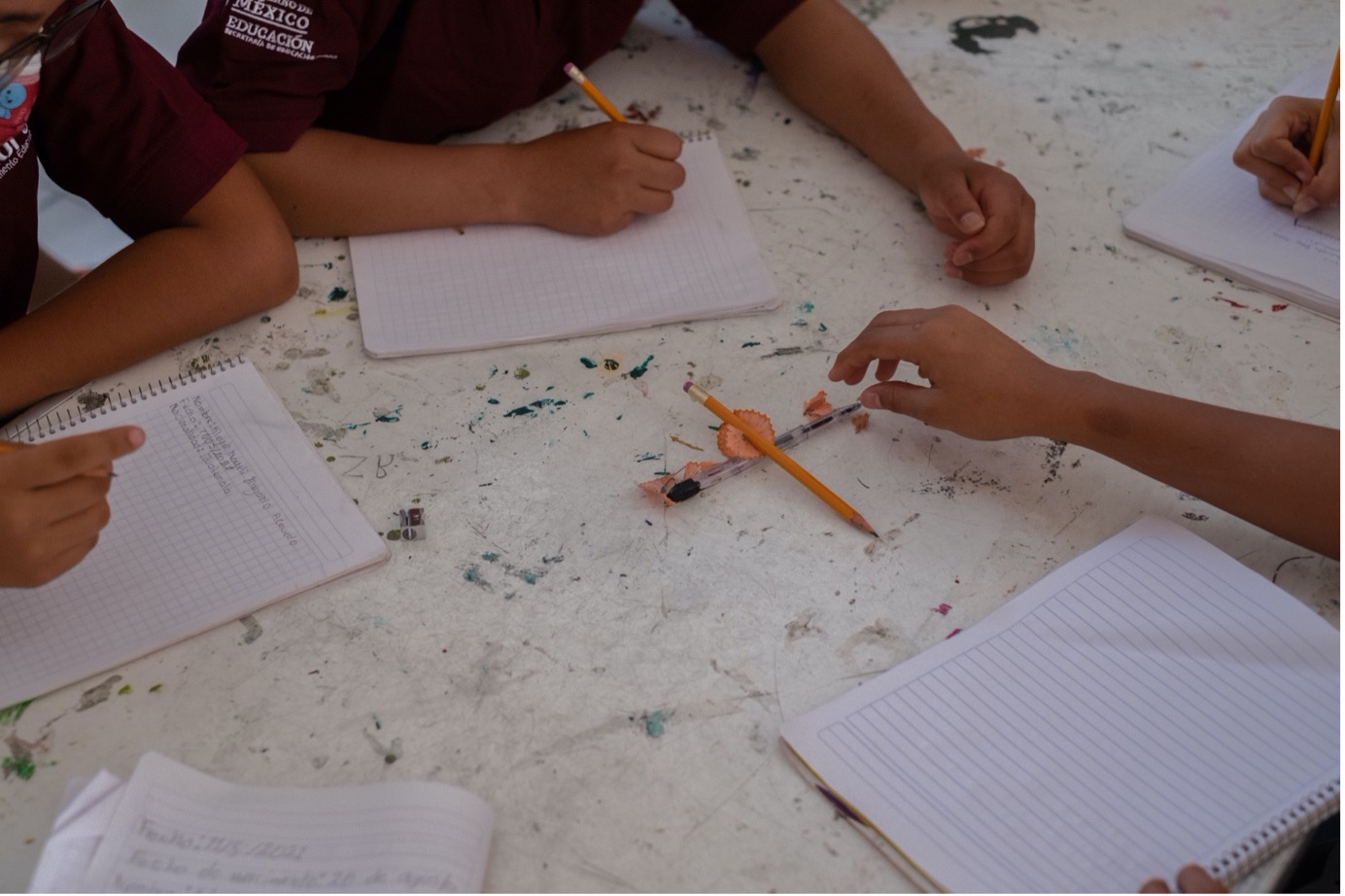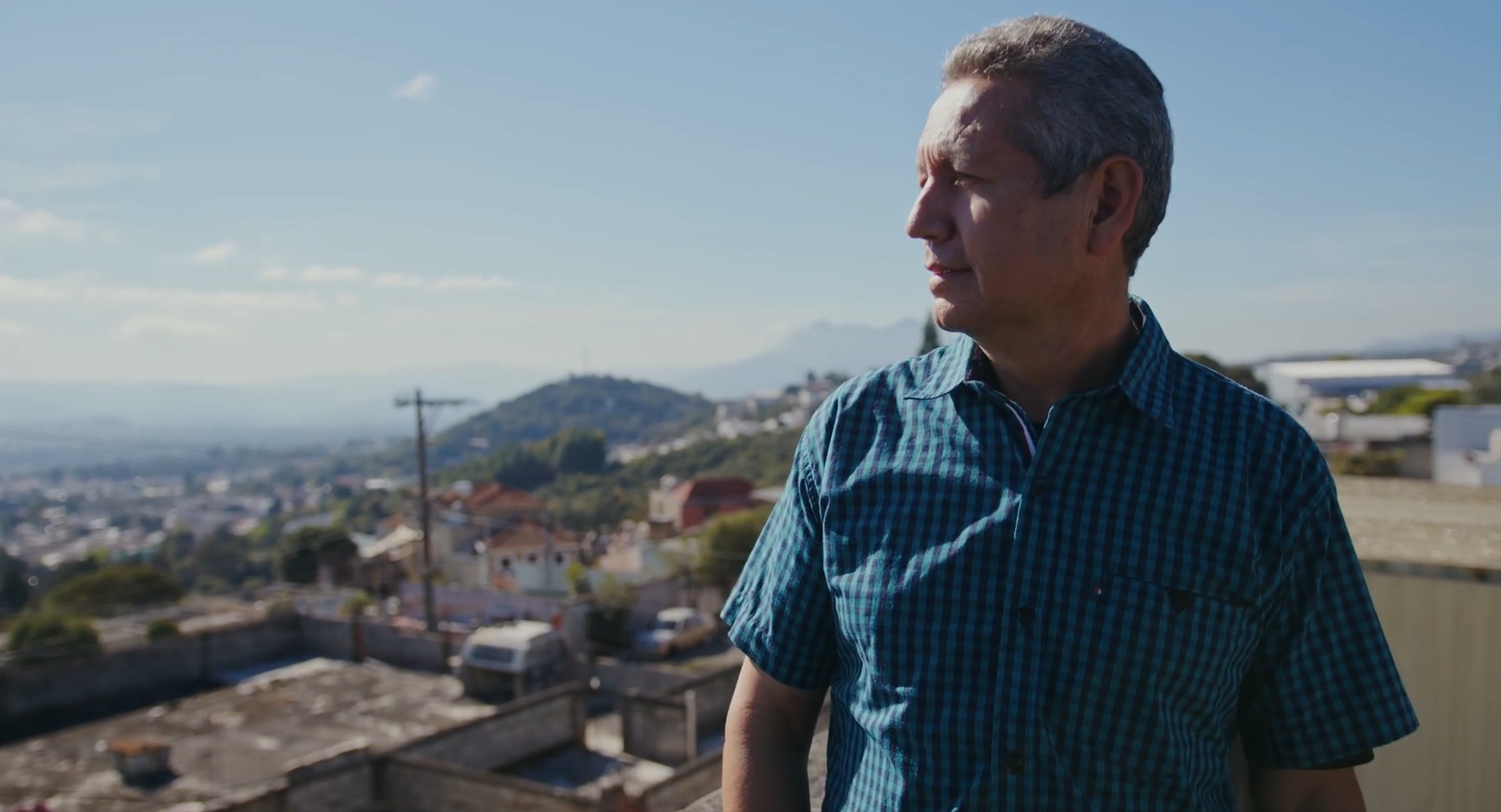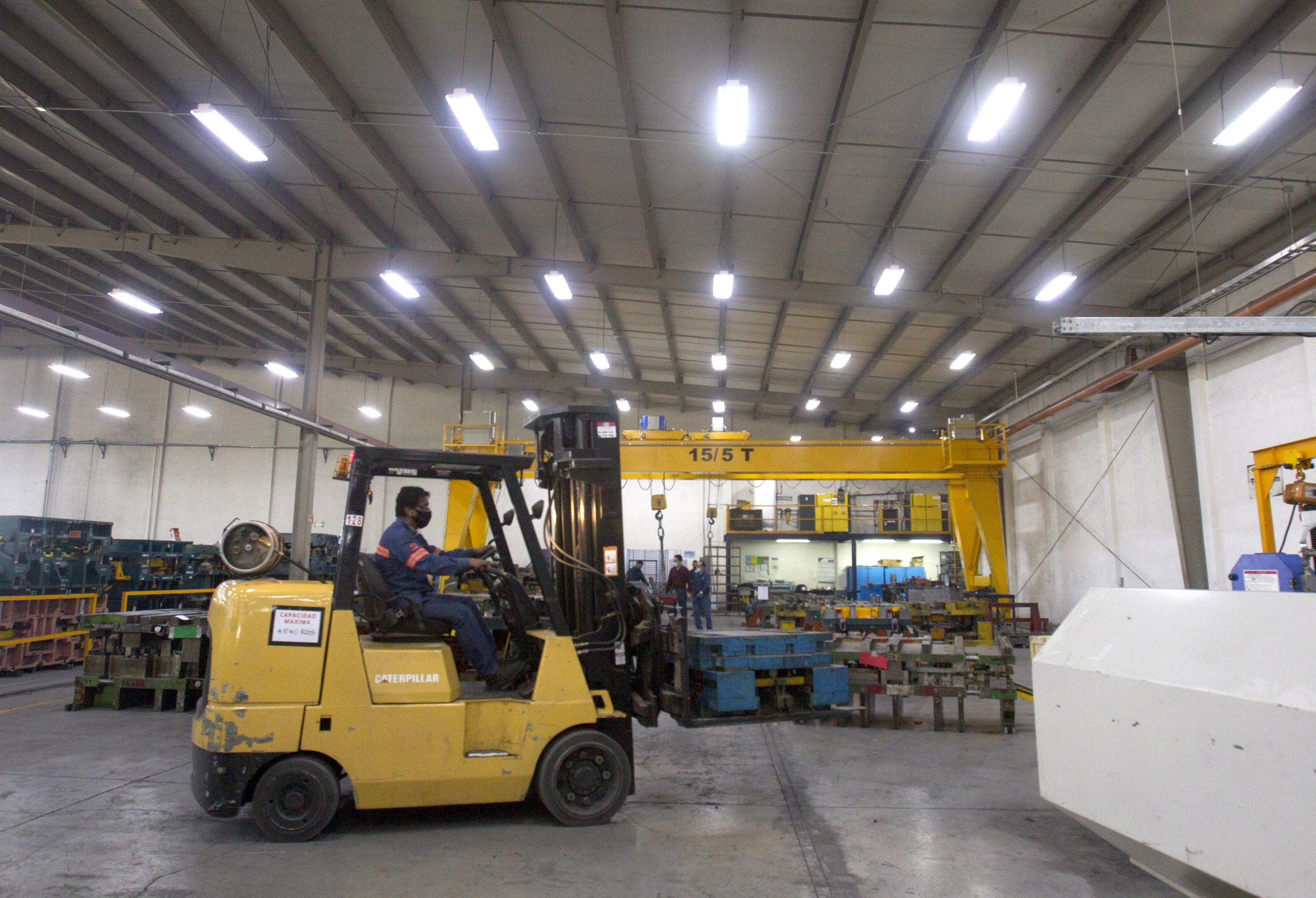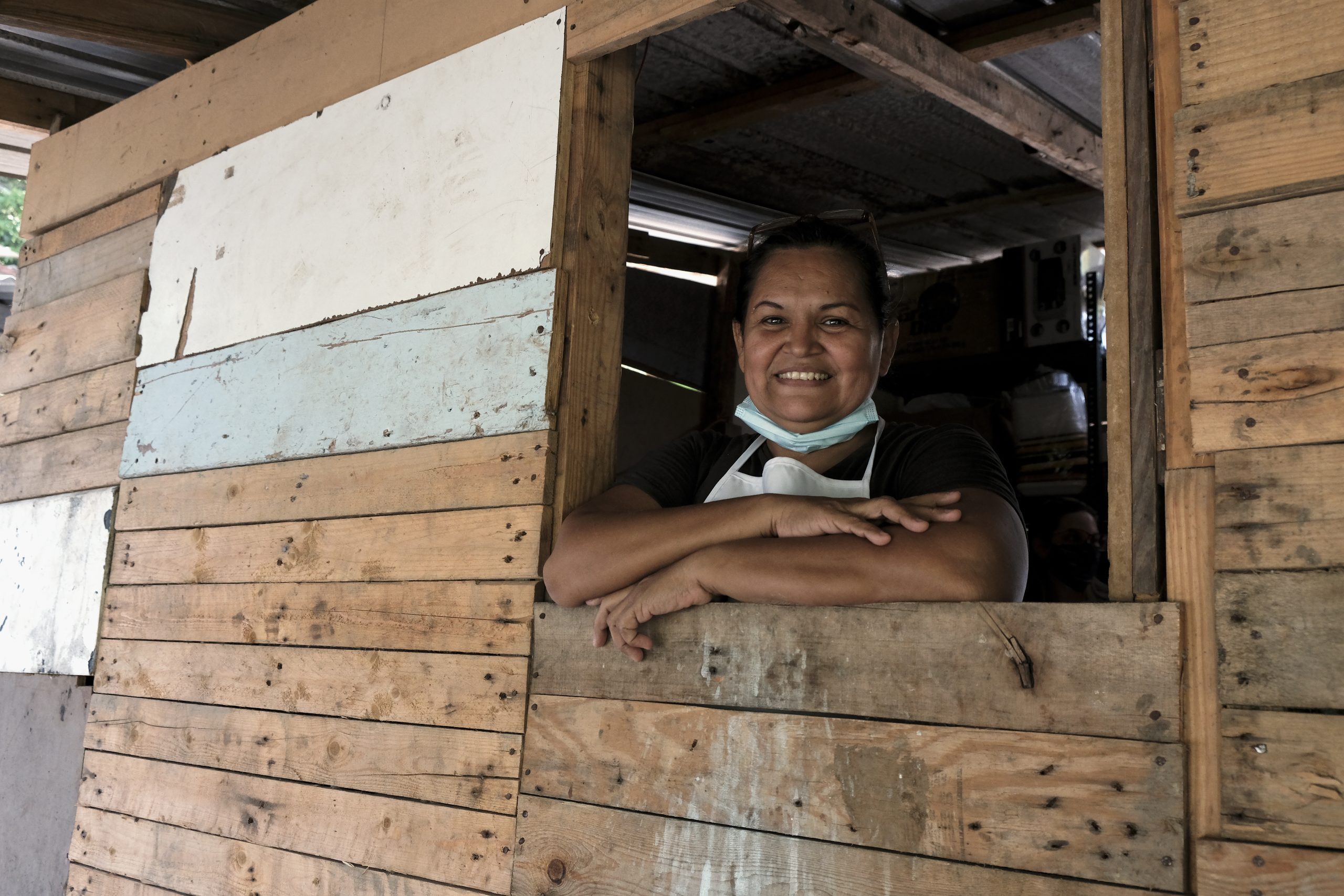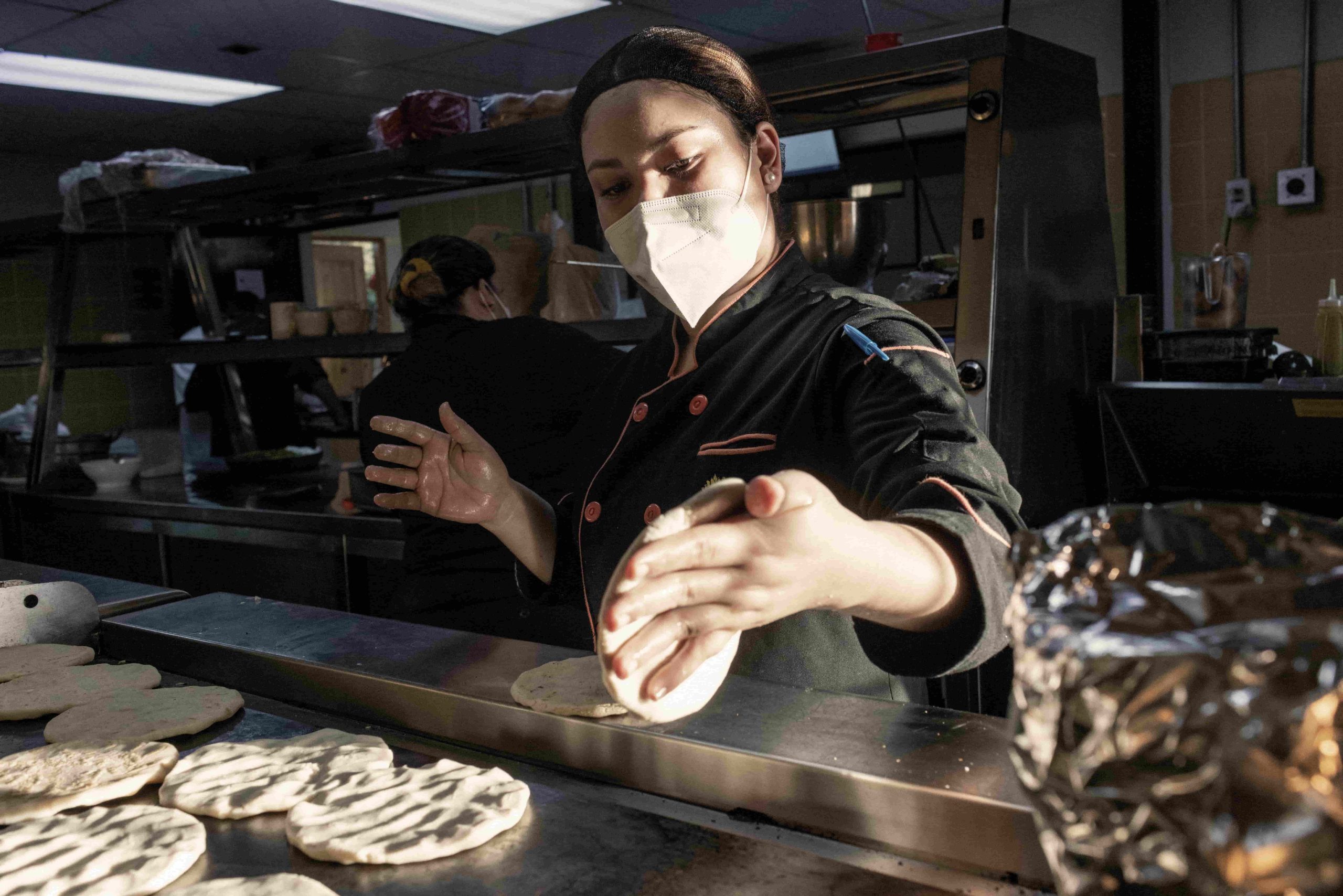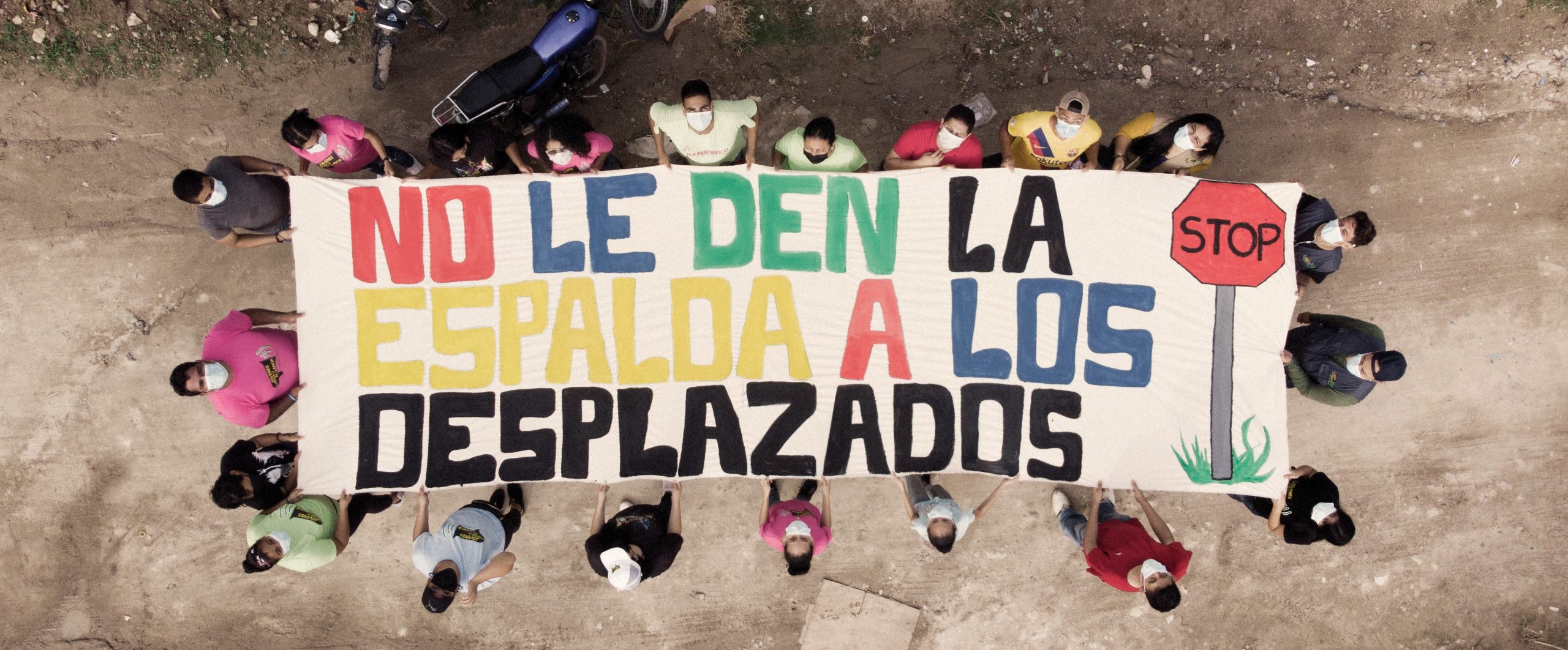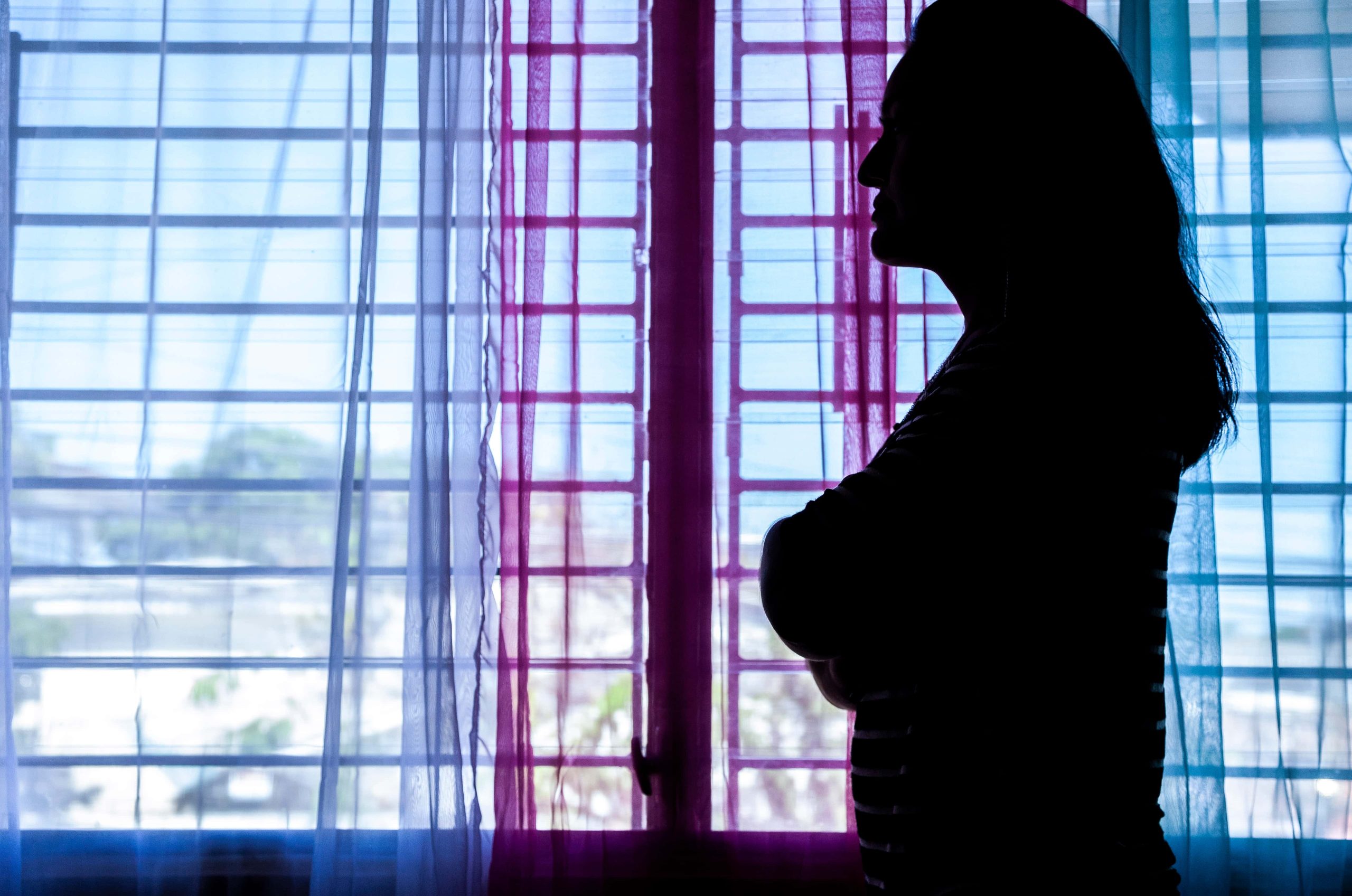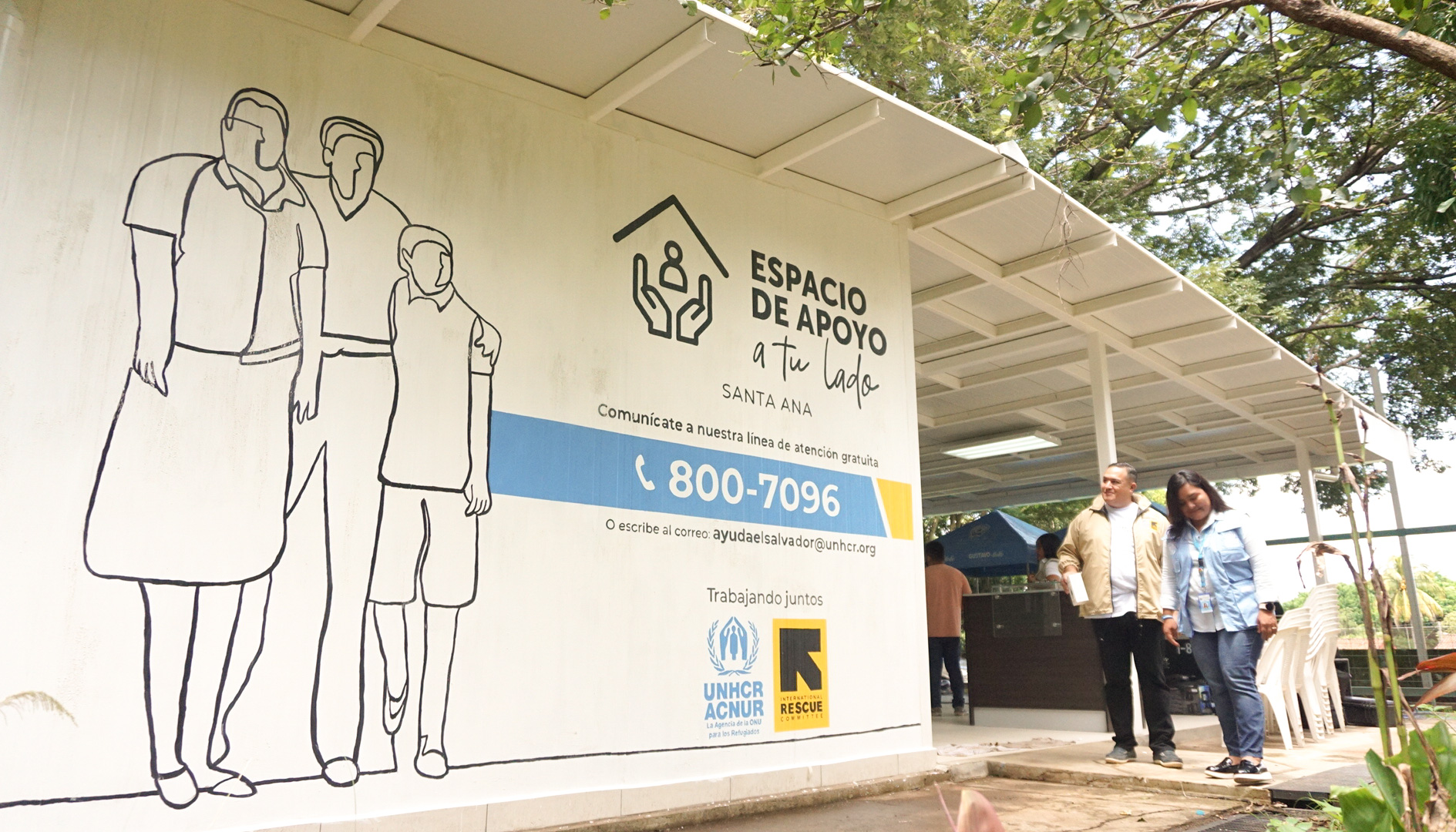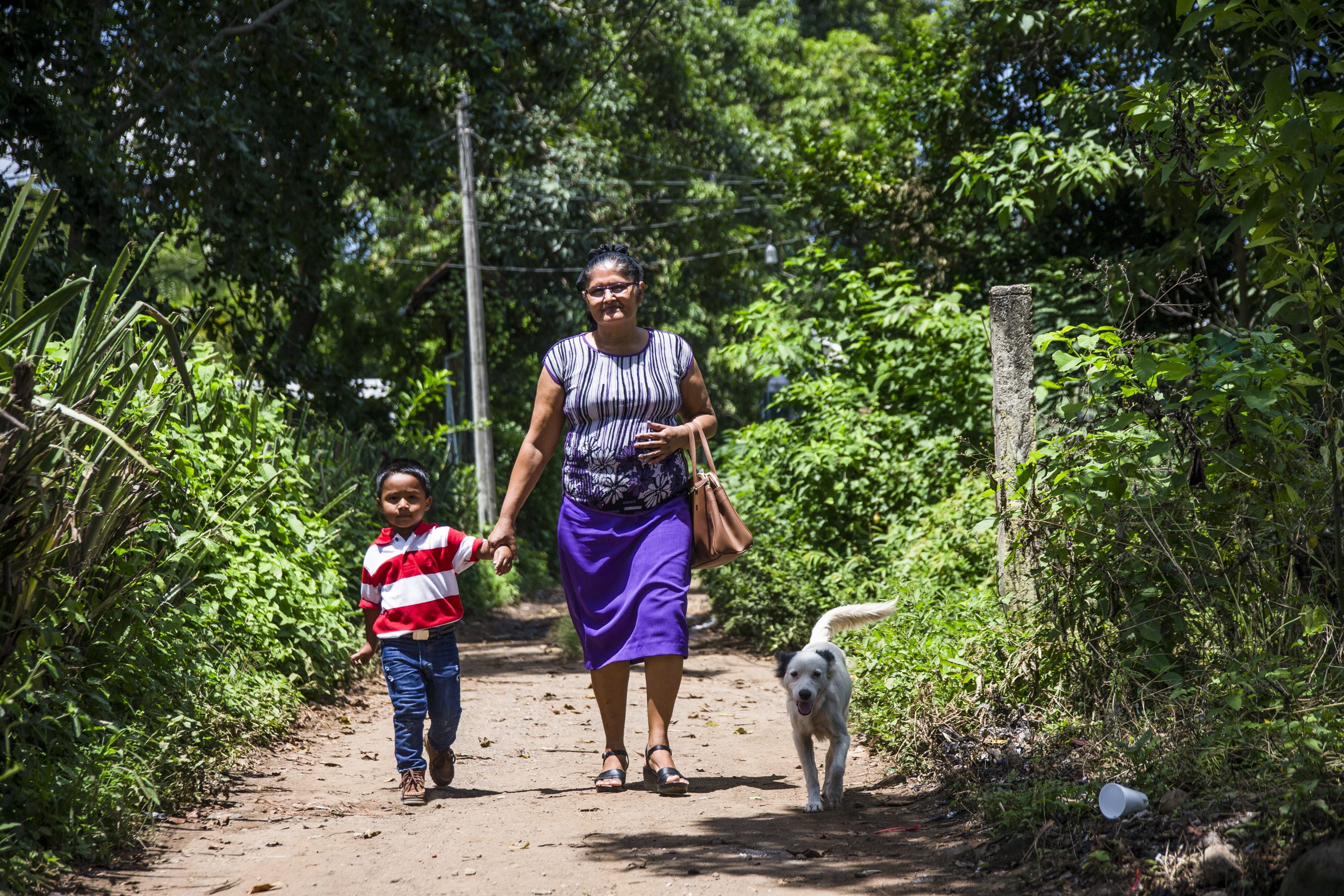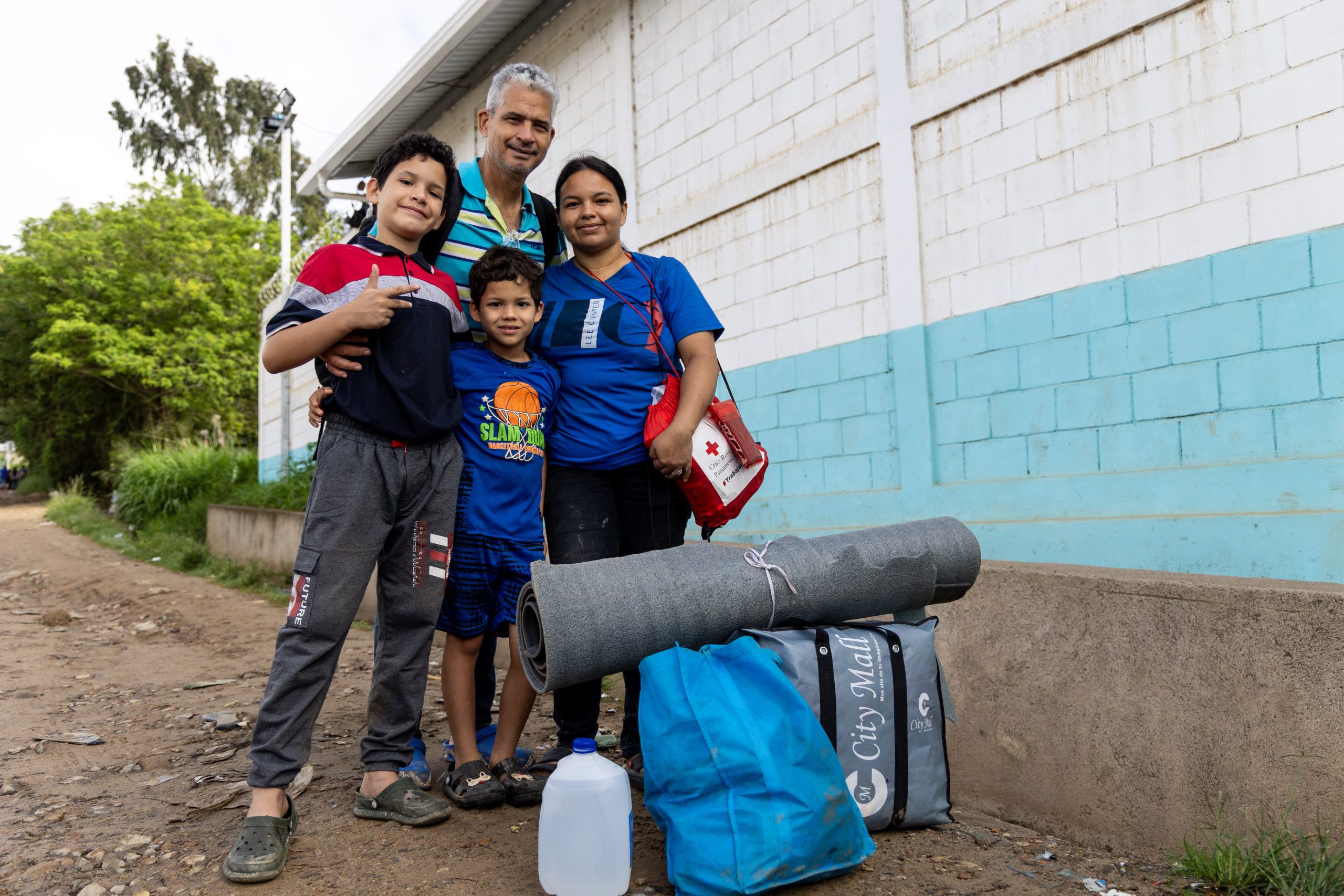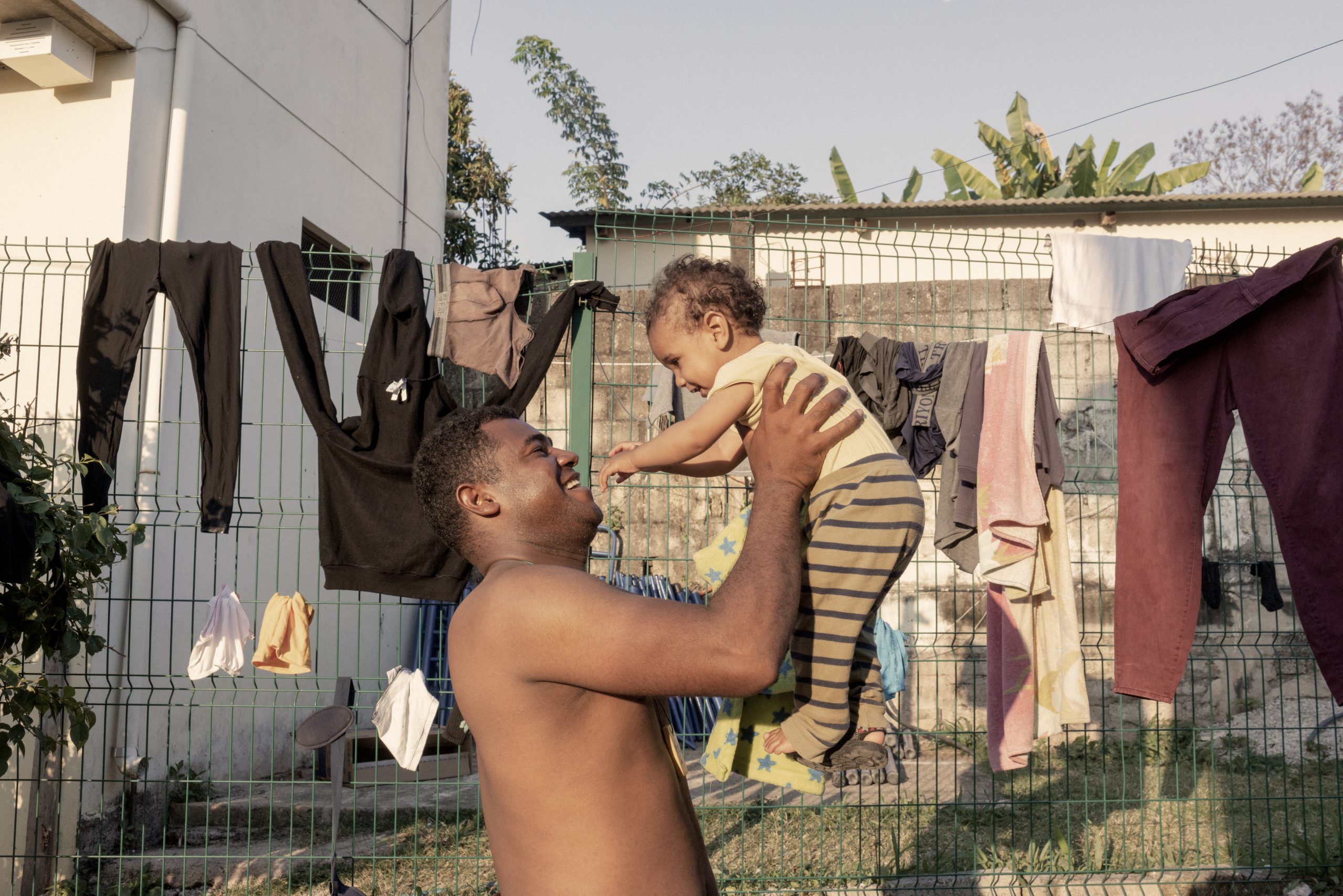Good Practices
Asylum Systems
Belize: Amnesty Programme
In December 2021, the Government of Belize announced the implementation of a comprehensive amnesty exercise scheduled for 2022-2023. The Belize Amnesty Program is aimed at providing asylum-seekers and irregular migrants an alternative pathway to obtaining a permanent residence status, irrespective of their current asylum or migratory status.
Mexico: Registration Centre in Tapachula, Chiapas
The Mexican Commission for Refugee Aid (COMAR), in coordination with local authorities and UNHCR support, has strengthened its response capacity in recent years to register and process cases of people in need of international protection, given the gradual increase in the number of asylum applications in the country since 2014.
Costa Rica: Improvements in the registration and documentation process
The increase in the number of applications led to the adoption of various measures to strengthen the asylum procedure, including improvements in the registration process and the issuance of provisional documentation to applicants. (In Spanish).
Matches: Canada – Mexico
Canada and Mexico have agreed to implement activities developed under the Regional Asylum Capacity-building Initiative (RACBI) through the framework of the ACSG Mechanism to strengthen asylum capacity in Mexico on refugee issues.
Mexico: Improving communication with asylum-seekers and refugees
The Mexican authorities, The Mexican Commission for Refugee Assistance (COMAR), the National Human Rights Commission, and the Federal Public Defender´s Office (IFDP), with the support of UNHCR, have worked on developing various information materials for asylum-seekers and refugees. (In Spanish).
Mexico: Legal Defense
In 2019, the Institute signed a collaboration agreement with UNHCR to coordinate efforts to provide legal advice and representation to people seeking refugee status. Since then, they established an area specialized in assisting people with mobility, which is currently composed of 40 lawyers. (In Spanish).
Costa Rica: Development of the procedure in border areas
In 2019, the General Directorate of Migration and Foreign Affairs began a process of decentralizing its refugee services by opening an office in Upala. This process became relevant in light of the border closure decreed at the beginning of the pandemic produced by COVID-19. Costa Rican asylum authorities began implementing the refugee status determination procedure in border areas. (In Spanish).
Mexico: Granting complementary protection
Mexican legislation provides for the granting of complementary protection. This form of international protection is granted to a foreigner who has not been recognized as a refugee according to the law (Mexican law provides for both the universal definition of the term refugee and the expanded definition) but it is considered that their return could put their life at risk or could leave them in danger of being subjected to torture or other cruel, inhuman, or degrading treatment or punishment.
Mexico: Simplified procedures
The Mexican Commission for Refugee Assistance (COMAR), the body responsible for refugee status determination (RSD), implements procedures applying the broader definition proposed by the Cartagena Declaration with a view to a more agile, efficient, and quality procedure.
Mexico: Merged procedures and application of the broader refugee definition
The Mexican Commission for Refugee Assistance (COMAR) implements merged procedures applying the expanded definition proposed by the Cartagena Declaration, with a view to implementing a more agile, efficient and quality refugee status determination (RSD) procedures. These procedures speed up the registration and eligibility stages for certain profiles of applicants in vulnerable conditions and with a high inclusion rate.
Mexico: Expedited procedures
COMAR has different representative offices that carry out the refugee status determination (RSD) procedure. To manage the increase in asylum applications fairly and efficiently, there was a need to homogenize decision-making in the different COMAR offices, together with the need to streamline the eligibility process.
Mexico: Creation of COI unit
In July 2020, a Country of Origin Information Unit (hereinafter U-COI) within the Protection and Return Directorate of the Mexican Commission for Refugee Assistance (COMAR) was created with the aim of supporting protection officers in the refugee status determination (RSD) procedure and facilitate decision making.
Jobs and Livelihoods
Costa Rica: Access to decent employment for migrants, refugees and asylum-seekers
This initiative consists of the implementation of a strategy to promote orderly access to the National Employment System’s programming, which entails a national process of identification, registration, and regularization (in relation to migratory status and employment), of the beneficiary population (migrants, refugees and asylum-seekers).
Guatemala: "Renaciendo en Guate" Campaign
Through the “Reborn in Guate” campaign promoted by MINTRAB, the aim is to raise awareness among the business sector, public officials and the general population about the reasons that force refugees to leave their countries and the importance of providing opportunities for their integration.
Mexico: Local Integration Programme through relocation for labour market insertion
Mexico supports the integration of refugees and persons with complementary protection into the Mexican labour market, through intergovernmental and inter-institutional coordination, with the support of UNHCR, and by linking the private sector in different states of the country.
Panama: Inclusion of Refugees in the Training System of the National Institute of Vocational Training and Capacity Building for Human Development – INADEH
Once refugees are aware of the possibility of accessing INADEH’s training cycles, they can begin the process of requesting information and pre-registration, in coordination with civil society organizations or without. From the inception of the program (December 2018) to date, this pilot program has benefited 43 people.
El Salvador: "My First Job" Program
This program offers opportunities for young people without work experience to access their first formal work experience in private companies under an apprenticeship contract, receiving the current minimum wage and social security.
Honduras: Law for the Prevention, Attention and Protection of Internally Displaced Persons
The Law for the Prevention, Attention, and Protection of Internally Displaced Persons is the first legal framework created to provide a comprehensive response to internal displacement caused primarily by generalized violence in the context of organized crime.
El Salvador:Special Law for the care and protection of people in situations of internal forced displacement
The national law is intended to recognize, guarantee, and protect the fundamental rights of persons in situations of forced internal displacement.
El Salvador: "A tu Lado" Support Spaces
“By Your Side” Support Spaces offer comprehensive assistance in safe spaces to internally displaced persons, persons at risk of displacement, asylum seekers, refugees, and returnees in need of protection.
Guatemala: Accessibility to health services
This initiative promotes spaces that guarantee health care, as well as protection for refugees, asylum-seekers, and other people in situations of human mobility.
Honduras: Center of Attention to the Irregular Migrant (CAMI) "Francisco Paz"
The CAMI “Francisco Paz” is a temporary housing for refugees, migrants, and other people in need of international protection in Danlí, El Paraíso, Honduras.
Mexico: Inter-institutional Roundtables on Shelter and Complementary Protection
The main objective of the Inter-institutional Roundtable on Refuge and Complementary Protection is to identify the gaps faced by people in need of international protection at the federal level.

